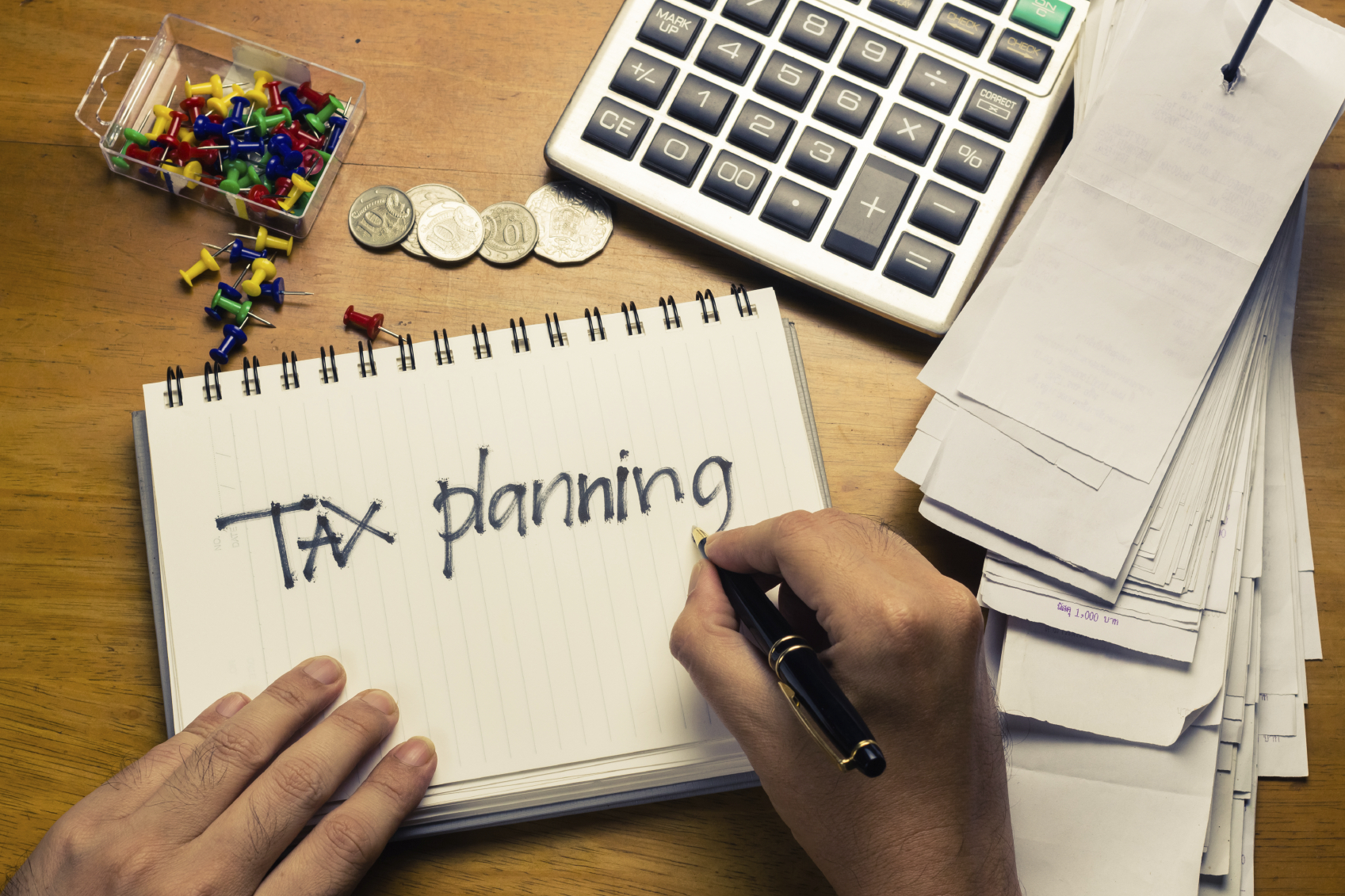Loan Offset Account vs Loan Redraw
What’s the difference?
Thinking of investing in shares or property using your home loan? How you access those funds—whether via an offset account or a loan redraw—can make a big difference at tax time. Understanding the distinction could mean the difference between a tax deduction… or none at all.
1. How Do Offset Accounts and Redraws Actually Work?
Offset Account
An offset account is a transaction account linked to your loan. Any money sitting in the offset account reduces the interest charged on your home loan but does not directly repay the loan itself. It is a separate bank account.
For example, if you have a home loan of $500,000 and $100,000 in an offset account, you are only charged interest on $400,000. However, you still have a loan of $500,000 and a separate bank account with $100,000 that can be accessed at any time.
Redraw Facility
A redraw facility allows you to make extra payments onto your loan and then draw them back out, if and when required. Unlike an offset account, these funds have been used to pay down the loan principal.
For example, if your original loan was $500,000 and you made an extra $50,000 in repayments, your loan balance would be $450,000. If you then redraw $50,000, your loan balance increases back to $500,000.
2. Tax Implications of Using Each for Investment
In determining whether loan interest is deductible, we need to examine the original purpose of the loan. For example, if you borrowed $500,000 to purchase your main residence, the interest on this loan is not deductible as the loan funds were not used to purchase income producing assets.
The same principle applies when looking at offset against and loan redraws.
Using Money from an Offset Account to Invest
If you withdraw funds from your offset account to purchase shares or an investment property, you are essentially using your own money. This means you are not borrowing funds for the investment, and as a result, the interest on the original loan remains non-deductible.
Redrawing from a Loan for Investment
If you redraw funds from an existing loan and use them to invest in income-producing assets, the interest on the redrawn amount may be tax-deductible, provided the funds are used solely for investment purposes.
If the funds are mixed with personal use (e.g., part used for investments, part for a holiday), only the investment-related portion is deductible.
Example
Sarah has a $600,000 home loan and $100,000 in an offset account. She wants to buy an investment property. If she uses the $100,000 from her offset account, it won’t create a tax-deductible loan and the interest on her $600,000 home loan will remain non-deductible.. But if she redraws $100,000 from her existing loan and uses it solely for the property, the interest on that amount could be deductible.
4. Alternative Strategies
If you have funds in an offset account but want to maintain interest deductibility, one alternative is to borrow separately (e.g., take out an investment loan or a separate equity loan). This allows clear separation between investment and personal debt while preserving your home loan’s tax benefits.
5. When is an Offset Account the Smarter Choice?
An offset account can be highly beneficial for home owners who may later turn their home into an investment property.
If you think there is a possibility that you might convert your home into an investment property in the future, keeping savings in an offset account rather than making extra loan repayments can help preserve tax deductibility of the interest in the future.
5. Key Takeaways
The way you access funds for investment can have significant tax implications. Using an offset account means you’re spending your own money, whereas redrawing from a loan could allow you to claim tax deductions on interest.
We help investors make smart funding decisions that protect both their cash flow and tax position. Book a strategy session today to get personalised advice tailored to your goals..
DISCLAIMER: The information in this article is general in nature and is not a substitute for professional advice. Accordingly, neither TJN Accountants nor any member or employee of TJN Accountants accepts any responsibility for any loss, however caused, as a result of reliance on this general information. We recommend that our formal advice be sought before acting in any of the areas. The article is issued as a helpful guide to clients and for their private information. Therefore it should be regarded as confidential and not be made available to any person without our consent,

Jeanette has over 20 years experience as an accountant in public practice. She is a Chartered Accountant, registered tax agent and accredited SMSF Association advisor. When she is not helping business owners grow their empires, you will likely find her out running on the trails or at the gym. Book in to see Jeanette today.










